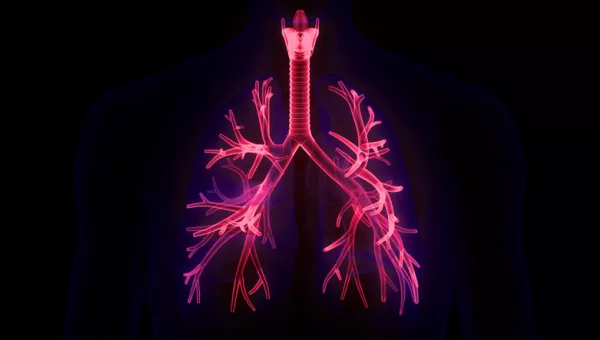Sarcoidosis is a disease in which the body’s immune system becomes activated for unclear reasons. Since the lungs are affected in more than 90% of patients with sarcoidosis, pulmonologists are usually called upon to take care of patients with this disease.
Sarcoidosis can occur silently and become detected incidentally when a chest x-ray is obtained for other reasons, or can produce symptoms such as cough or shortness of breath. Since sarcoidosis often resolves spontaneously, treatment is not always necessary. Sarcoidosis can also affect the skin and the eyes, and rarely other organs of the body.
What Causes Sarcoidosis?
The cause of sarcoidosis is unknown. It is currently felt that sarcoidosis develops due to an exaggerated immune response in genetically predisposed individuals after exposure to an environmental stimulus. Unfortunately, both the genetic factors contributing to the development of disease and the environmental triggers that persons who develop sarcoidosis may be exposed to are poorly understood. Research is underway across the country and world to improve our understanding of sarcoidosis.
How is Sarcoidosis Diagnosed?
Sarcoidosis may not always cause symptoms. When symptoms are present, it can be difficult to make the diagnosis because symptoms may mimic those of other diseases. The diagnosis is made based on the pattern of symptoms, physical exam findings, and abnormalities in laboratory and imaging studies. Diseases that mimic sarcoidosis are also excluded.
Tests that are often obtained include
- pulmonary function tests
- heart magnetic resonance imaging (MRI)
- lung computed tomography (CT) scan
- positron emission tomography (PET) scan
Tissue samples (biopsies) are sometimes performed from organs believed to be affected by sarcoidosis (e.g., lung or lymph nodes).
How is Sarcoidosis Treated?
Sarcoidosis does not always need to be treated. In many patients the disease goes away spontaneously, and in others it remains dormant causing little or no symptoms. For these reasons, your doctor may not recommend any therapy. Sometimes, however, vital organs become affected by sarcoidosis and treatment becomes necessary.
The drug most commonly used to treat sarcoidosis is prednisone. Other drugs that may be used include hydroxychloroquine (Plaquenil), methotrexate, mycophenolate (CellCept®), azathioprine (Imuran®), infliximab (Remicade®), and adalimumab (Humira®).




